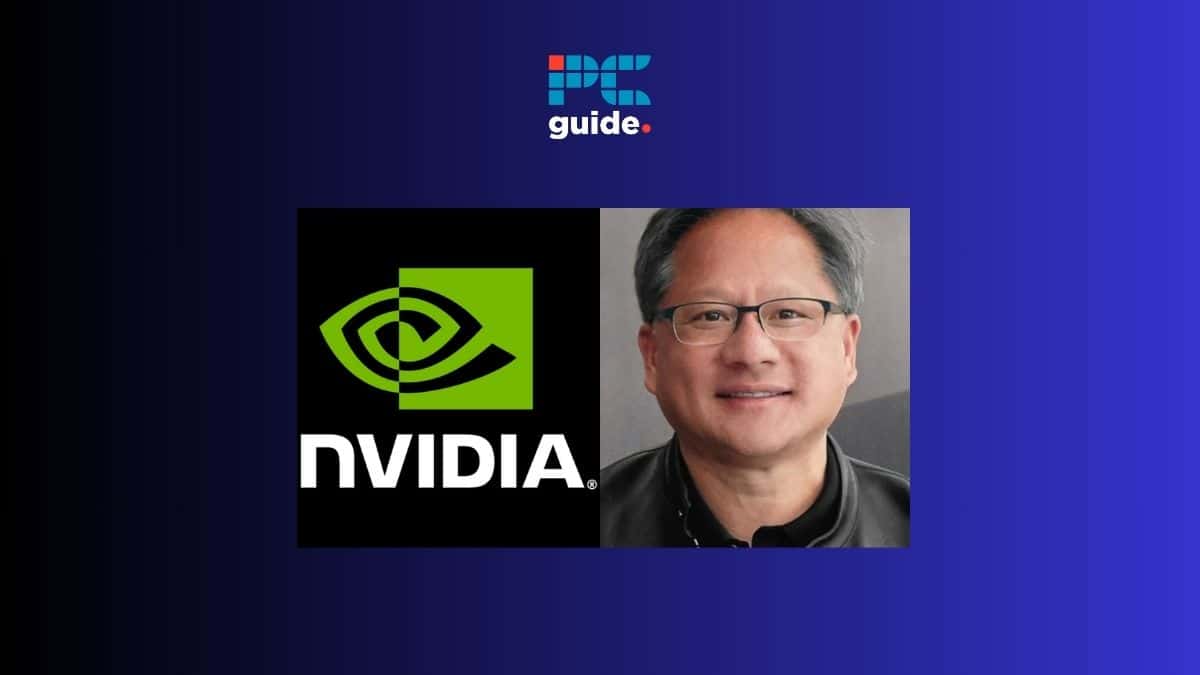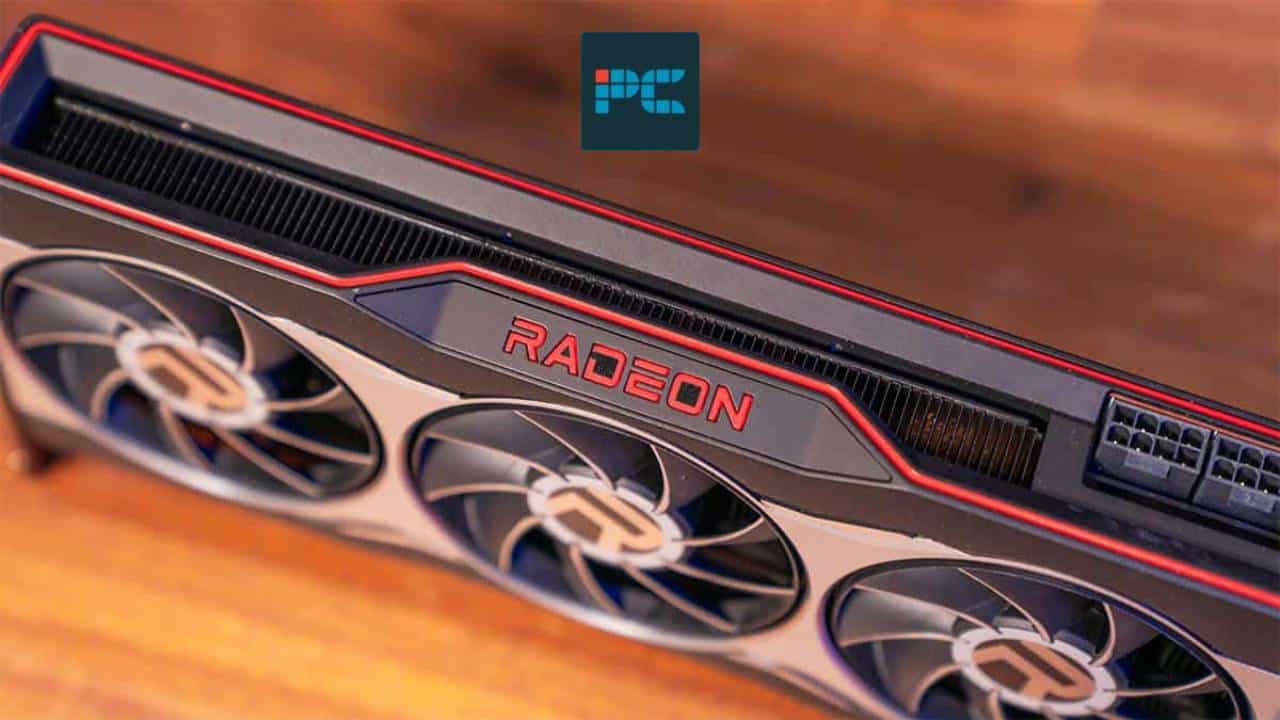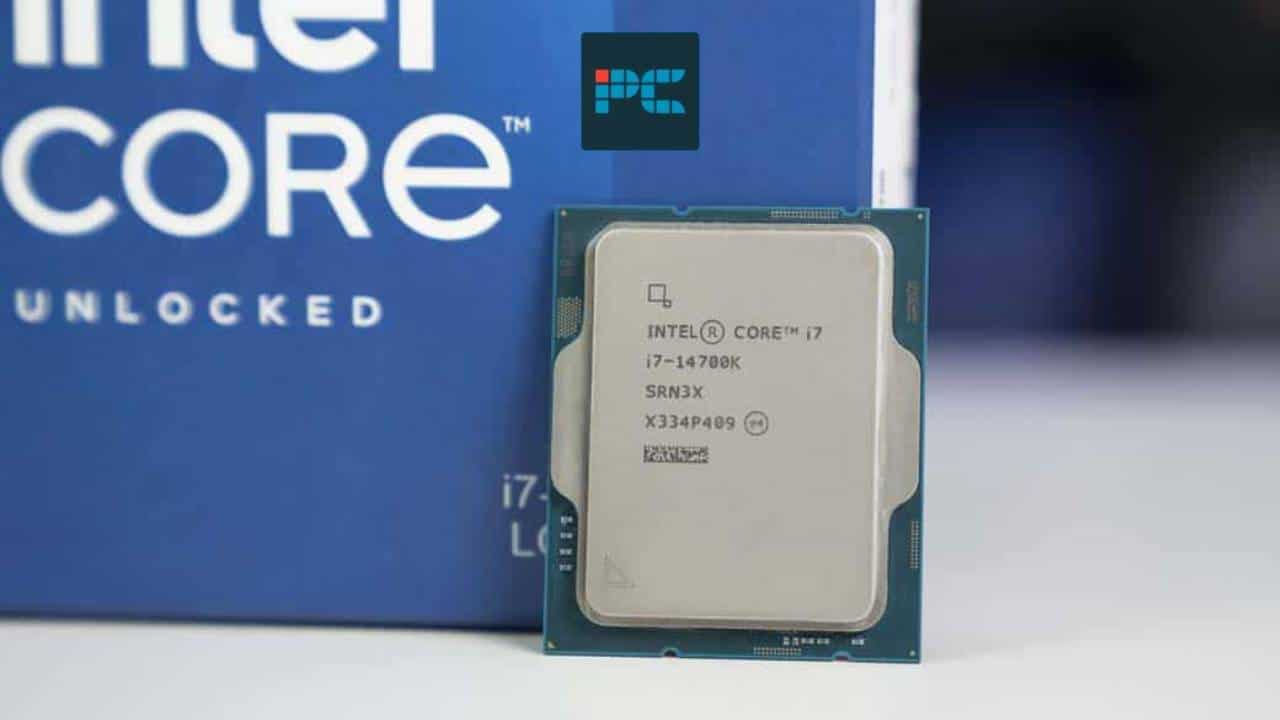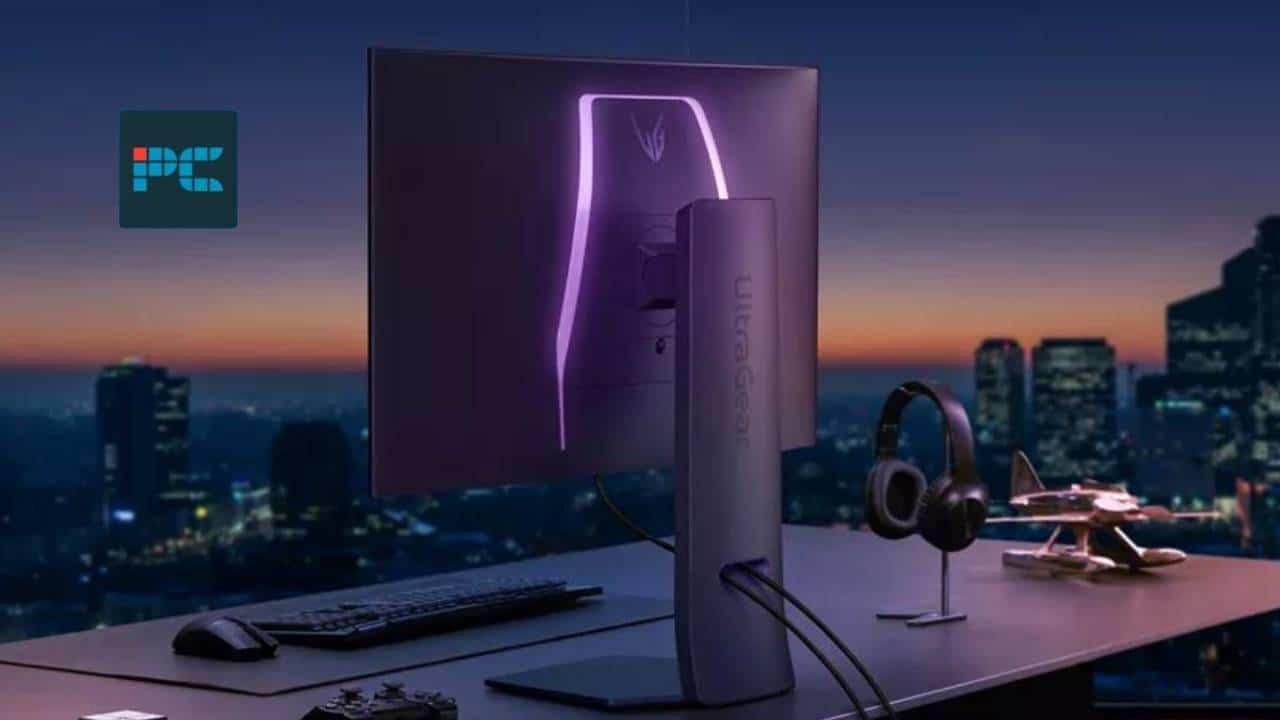Moore’s Law may be failing, or dead if you ask around, but the newly coined ‘Huang’s Law’ suggests a new shift in impetus. AI tools and AI-enabled graphics are already starting to bare their teeth in gaming and 3D applications, and Nvidia feels certain it’s only the beginning.
In an interview with our sister-site Videogamer, Nvidia referenced the slowing of Gordon Moore’s law: the law that famously states the number of transistors in circuits doubles around every two years. However, in its place, “Huang’s Law” – named after Nvidia president Jensen Huang (of course) – suggests other developments will supplement a slow-down of computer components, potentially massively outpacing them in terms of sophistication.
Until such time as quantum computing is viable at home, if it ever is, this feels a fair point. And, given the AI revolution of 2023, it’s clear to see where Nvidia is going with this. AI is the current point of sophistication and is already picking up the slack from computing components.
Nvidia leads but promises more
Nvidia is already leading from the front with AI, both in applications and gaming graphics. And, in what we may regard as a case of ‘work smarter, not harder’, Nvidia’s RTX GPUs can make use of DLSS and (more widely) DLSS 3.5.
But there’s more to come. Speaking to Videogamer Nvidia offered it, “will be using generative AI more and more for the graphics process”. Adding, “DLSS paves the way, by reconstructing more pixels with Super Resolution, generating more pixels with Frame Generation, and making ray tracing look even better with Ray Reconstruction.”
DLSS being impressive is very true, and by the company’s own estimations, a large proportion of 40-series users are already making use of it. Nvidia states “79% of 40-series gamers turn on DLSS”, which it calls a “testament to the technology’s benefits.”
Where next?
At PC Guide we’d be very keen to see the proportion of users using or able to make use of DLSS 3.5, given it can be utilized by all RTX series cards.
Regardless, if a realizable slow-down in the development of computing components continues, gamers, animators, video editors and more may be depending more and more on AI and Huang’s Law taking hold. Nvidia seemingly feels that to be true, and is already developing its AI resources and tools to meet the challenge.






